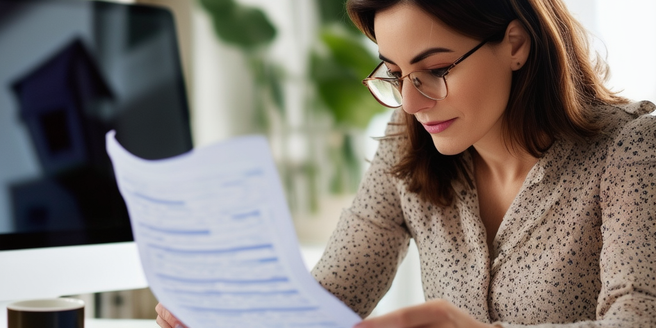Understanding your Financial Capabilities
When you are planning towards home ownership, it’s essential to understand your financial capabilities. This involves a thorough evaluation of your income and expenses, and a clear understanding of your credit health. Additionally, you also need to account for potential emergencies or changes in your financial situation. The importance of understanding your financial capabilities cannot be overstated. It guides you to houses within your budget, helping you avoid the disastrous consequences of falling into a financial trap. It offers you a realistic view of what you can afford, thus enabling you to make informed decisions.
Tabulating Current Debts and Expenses
Part of understanding your financial capabilities is tabulating your current debts and expenses. This requires you to take detailed stock of your financial situation. These include credit card bills, student loans, car loans, and monthly bills such as utilities and groceries. It is important to also consider any unexpected expenses or emergencies that might arise in the future. This process provides you with a clear understanding of how much money is left after paying off your existing debts and necessary expenses, which then gives an idea of how much you can afford to put aside for a mortgage.
Choosing the Right Mortgage for Your Situation
Choosing the right mortgage based on financial capability is crucial; ideally, you should manage monthly payments easily to avoid living paycheck to paycheck or compromising on expenses. Keep in mind influential factors like annual percentage rate, term of the loan, and type of mortgage – fixed-rate or adjustable-rate. Weighing these factors simplifies the process, ensuring you choose a mortgage suitable for your financial status and future forecasts.
Indeed, a well-thought-out mortgage decision can turn the complexity of home ownership into an attainable and rewarding task. Be mindful that home ownership should not be burdensome but an investment offering security and accomplishment. Strategically selecting a mortgage that fits your financial ability makes affordable and long-term home ownership feasible. Therefore, don’t forget that a wisely chosen mortgage is the cornerstone of affordable and sustainable home ownership.
Balancing Home Ownership Costs with Other Financial Goals
Home ownership is a major financial goal, but it’s not the only one. It can provide stability and a sense of accomplishment, but there are other avenues of investment to explore. In addition to investing in your own property, you might also consider putting aside some money for investments in the stock market. Maybe you desire to pursue higher education, start a business, or retire comfortably. It’s crucial to balance the costs of home ownership, including mortgage repayments, maintenance costs, and insurance, with other financial goals. This balancing act ensures that home ownership does not jeopardize other important financial goals.
Strategies for Saving Towards a Down Payment
Saving for a down payment is a significant part of the home-buying process. An important first step is to make a budget that includes your monthly income and expenses. Strategies may include setting a fixed amount of saving each month, reducing nonessential expenditures such as dining out or takeaways, starting a high-interest savings account, or automating contributions to your down payment fund. Another strategy could be to liquidate unused assets or items around your home through online sales. Additionally, you could consider earning extra income through side gigs or freelancing. Every little saving adds up and could mean less mortgage to pay off.
Protecting Your Investment: Insurance and Maintenance
Investing in a home is a long-term commitment that goes beyond the purchase price and includes additional expenditures such as home insurance and ongoing maintenance, both of which keep your house safe and valuable. Homeowners insurance, offering protection for your property, is crucial. Having a comprehensive policy safeguards your home from certain types of damage and any personal liability that may arise, thus providing peace of mind in unforeseen events like fires, storms, or theft. Similarly, regular maintenance is an integral aspect of homeownership, including routine repairs and general upkeep tasks that can enhance your property’s value over time. Financial planning is crucial in dealing with the costs of homeowners insurance and regular maintenance, therefore these expenditures should be included in your homeownership budget. Homeownership isn’t just about paying a mortgage, but also about the cost of protecting and maintaining your investment.



